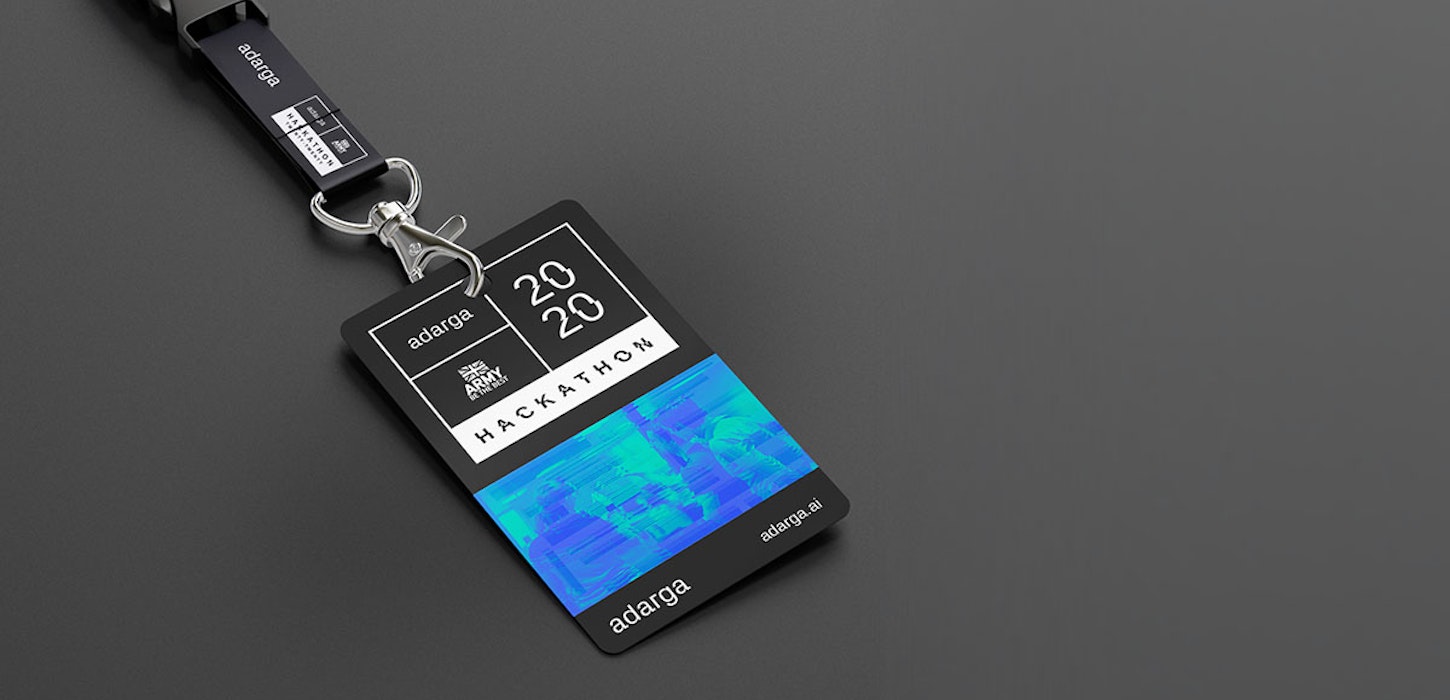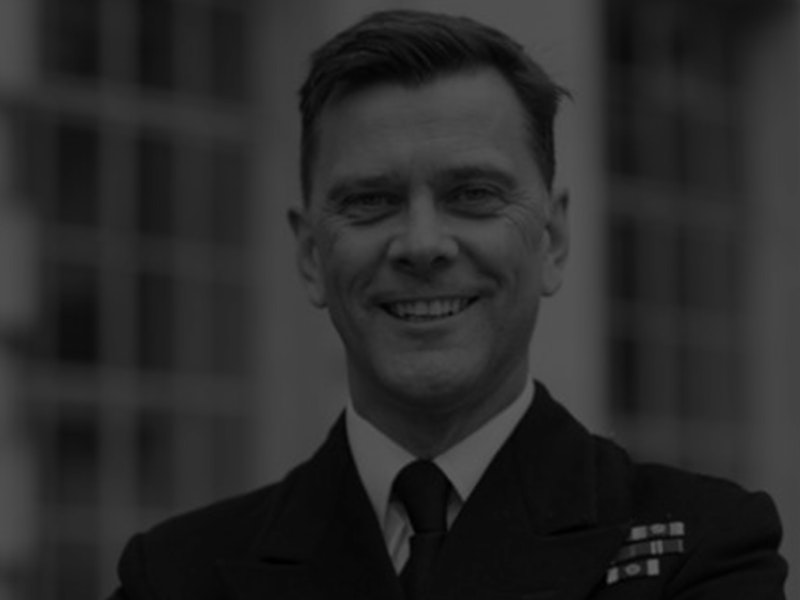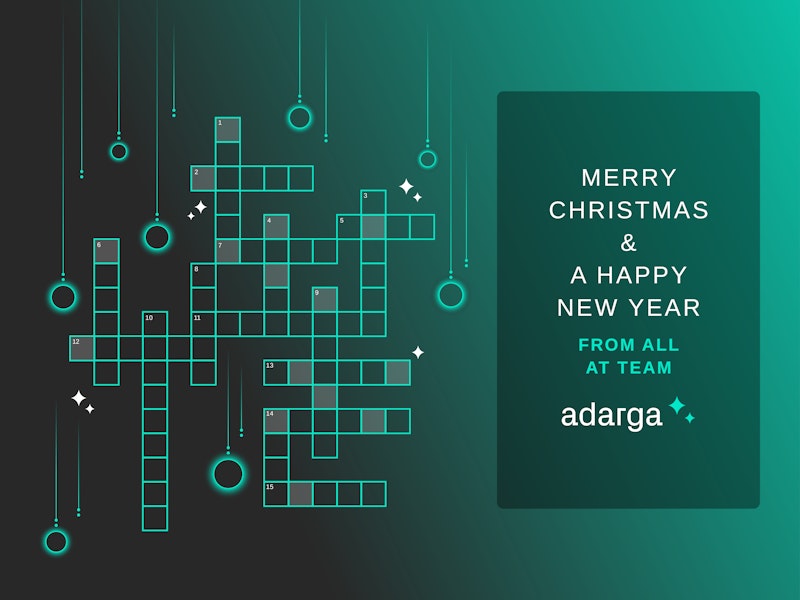
Reflections on the Adarga + Army Hackathon 2020
Our Data Science Team Lead Tom Todd looks back at last week's Hackathon with the British Army.
Between 8th and 10th December Adarga held a joint hackathon with the British Army, specifically the 11th and 104th Brigades. The concept for the hackathon is outlined in this previous blogpost.
After 48 exciting and challenging hours our six joint teams of army personnel, engineers and data scientists produced an impressive array of projects. These included tools to predict and map the distribution of endangered animals, AI models to understand local sentiment, and software to analyse and manage cyber-attacks on critical infrastructure.
I participated in the Hackathon as one of Adarga’s data scientists. In this post I'd like to share some of my thoughts about hackathon’s benefits: including changing way that we work with our customers in defence, understanding the value of data in the field, and how the hackathon was an opportunity to build relationships between technologists and serving Army personnel.
Experimenting with new ways to work
In previous roles I’ve had experience of working on some traditional technology procurement projects for the MoD. These are typically bureaucratic, heavy on advanced planning, and often painfully slow.
In the Hackathon we started with a list of candidate problems to solve. After choosing one to address our team of engineers and scientists started working directly with Army officers who had first-hand experience of the problems we were aiming to tackle. With the help of event partner BMNT, we held workshops where we drilled into the root causes that motivated the projects so that we could be sure we were solving the right problems.
Even though we only had 48 hours to complete our projects, the emphasis was on trying out ideas and quickly getting direct feedback on prototypes so that we could fail fast or continue to build out those ideas which were compelling. Instead of building up detailed lists of requirements up front, we tried things out and doubled down on the ideas that delivered the most value.
Putting data at the core of defence
The core theme that rang out across all of the projects we developed during the hackathon was the desire to put the right insights in front of the right person at the right time. This goes beyond simply making data available, but is really about distilling insights and presenting them in the format which is most appropriate to the officer or soldier who needs to use it.
This included building systems that can integrate data of different types (e.g. geospatial, text, imagery, structured numeric data), using AI technologies to automatically extract meaning from raw data (e.g. detecting and categorising events in text, or estimating sentiment) and integrating search and retrieval technologies to surface the ‘needle in the haystack’.
As General Sir Nick Carter said in his speech on Integrated Operating Concept for future defence earlier this year: “We must chart a direction of travel from an industrial age of platforms to an information age of systems”.
Building empathy with our customers
Perhaps the most important outcome of the hackathon for me was the chance to get an insight into the challenges faced by our partners in defence. Typically, we work on fulfilling product requirements which have been determined by our product team, but in this case, we had an opportunity to directly pick the brains of the officers who would be using our technology.
One key insight was how quickly decisions needed to be made. This contrasted with the difficult and often very manual processes that can be in place for getting the right data. It really emphasized the value that we can bring by reducing this burden and allowing officers to spend more time and attention on making the key decisions, instead of martialling data.
Summary
The hackathon was a great experiment in trying out new ways of working. I’m hopeful that the exercise will have value beyond the specific tools we built and give us a template for a more agile and effective way to engage with our partners in defence. Harnessing the power of technology is about more than just a particular piece of hardware or software – it’s about being able to bring the right tools and techniques to bear on emerging problems and opportunities. I’m looking forward to putting the lessons we’ve learned into practice at Adarga, and of course to Hackathon 2021!
Look out for a subsequent blog post where we’ll go into some of the technical details of our projects.









